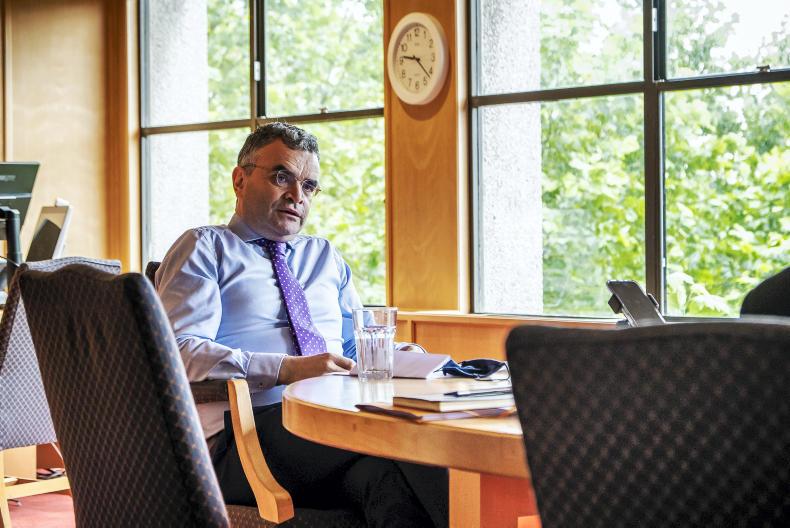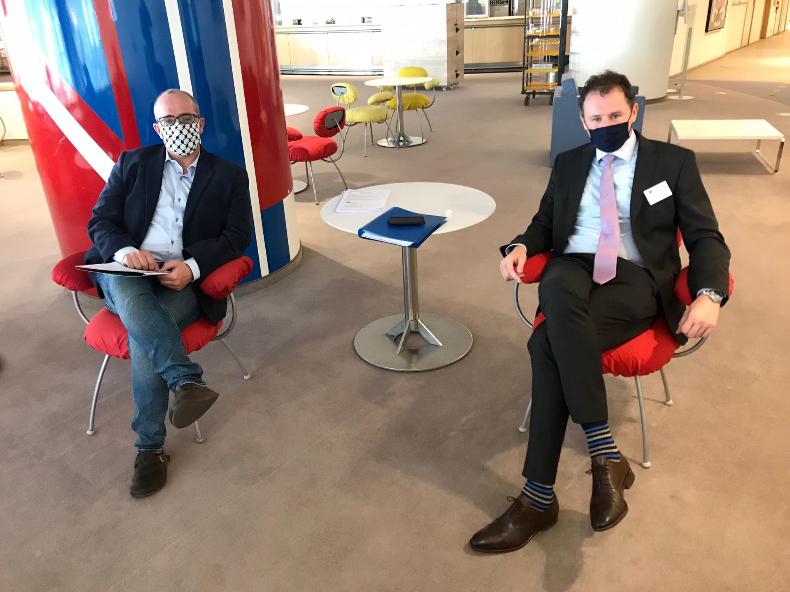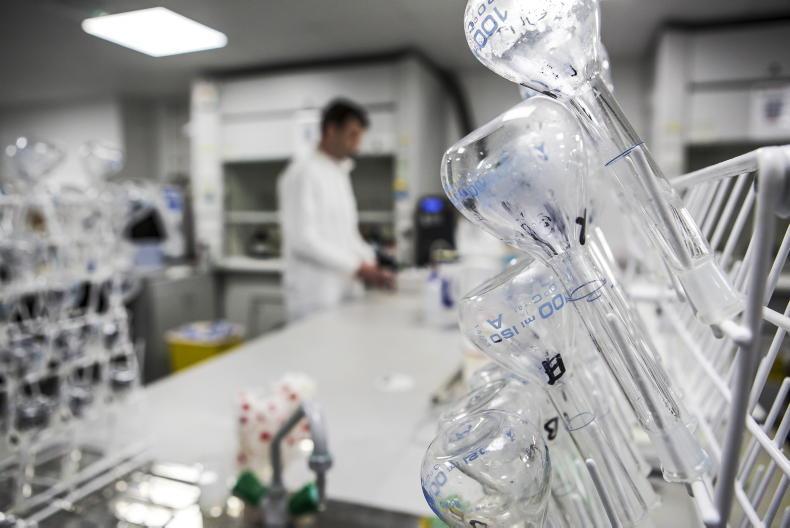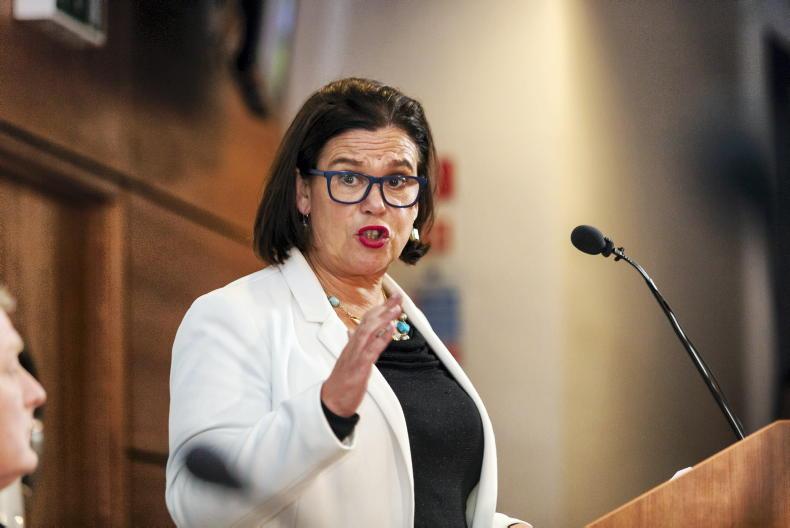The German presidency of the European Union was always likely to see an acceleration of agreements at EU level.
Germany has a political clout rivalled only by France. We already have had an EU budget delivered, and a CAP agreement now becomes a top priority.
Now it falls to Germany’s agriculture minister Julia Klöckner to deliver, and she is targeting October’s ministerial council to shape a deal for the coming decade.
Still only 47, many see her as a potential successor to Chancellor Angela Merkel
Julia Klöckner first rose to prominence when she became the German “Wine Queen”. Perhaps this gives her a unique bond with Irish MEP and former Rose of Tralee Maria Walsh; it seems to be the Irish equivalent. Klöckner actually comes from a winery between Frankfurt and the Luxembourg border, and also previously edited a wine magazine.
In parliament since 2002, she served as junior minister for agriculture from 2009 to 2010, and became Agriculture Minister in 2018.
Still only 47, many see her as a potential successor to Chancellor Angela Merkel.
It’s worth having a quick look at internal German politics to fully understand just how motivated Angela Merkel is to deliver as successful EU presidency.
Merkel, chancellor since 2005, resigned as leader of her own party, the centre-right CDU, two years ago.
Her successor, Annegret Kramp-Karrenbauer failed to properly fill Merkel’s shoes, and stepped down in February.
Klöckner has listed her priorities as including a standardised European animal welfare label and more transparency and guidance for consumers
The election to replace her has been delayed by Covid-19, and is now not slated until December. This leaves a leadership vacuum.
Merkel will hope that a successful EU presidency, in tandem with her typically sensible stewardship of Germany through the pandemic, will help someone sharing her more centrist, less right-wing perspective, emerge as her eventual successor.
So a successful CAP negotiation is important for Merkel’s legacy, and the completion of a CAP deal can be central to that.
Klöckner has listed her priorities as including a standardised European animal welfare label and more transparency and guidance for consumers.
We must prevent outsourcing to non-European countries
More hearteningly for farmers, she also said she wants to maintain “income-generating direct payments” for farm families.
“We must prevent outsourcing to non-European countries because, in that case, we no longer have any influence on environmental and animal welfare standards.” How that tallies with a Mercusor deal is anyone’s guess.
She speaks of “not overburdening farm families” with requirements like climate mitigation and biodiversity in the Green Deal that frames the CAP negotiations.
It’s up to Klöckner, Dara Calleary and the 25 other ministers to deliver clarity, leaving Ireland with a couple of months to develop its strategy and find allies.









SHARING OPTIONS